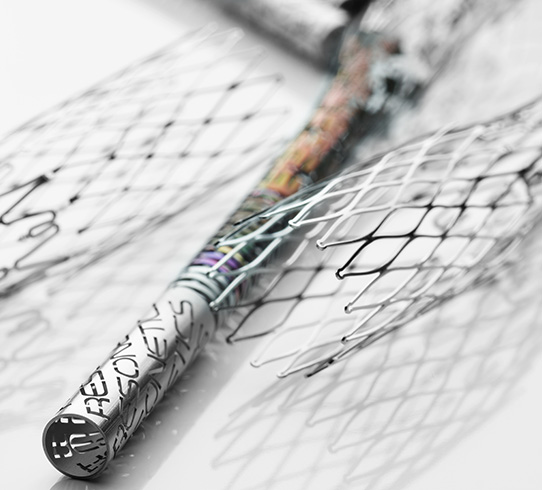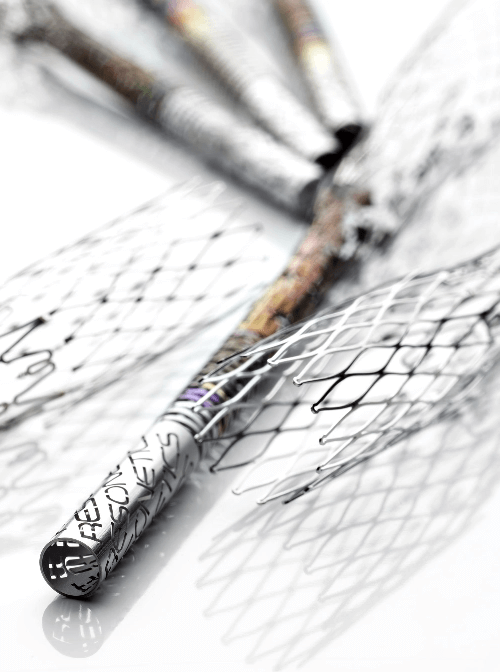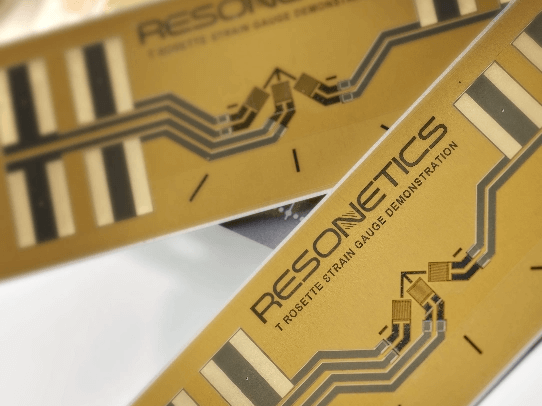Our nitinol wire and strip offer exceptional precision and versatility, engineered to meet the demands of the most complex designs requiring intricate geometries. By carefully controlling chemical composition and thermal processing, we deliver materials with outstanding durability, flexibility, and kink resistance, making them indispensable for a wide range of medical device applications. This production begins with the highest quality ingot, which is first drawn into coil and then carefully reduced to the desired wire diameters through a controlled drawing process.
Let our experienced team help you select the right grade of nitinol for your application and determine specifics like wire shape, size, surface finish, and more.





